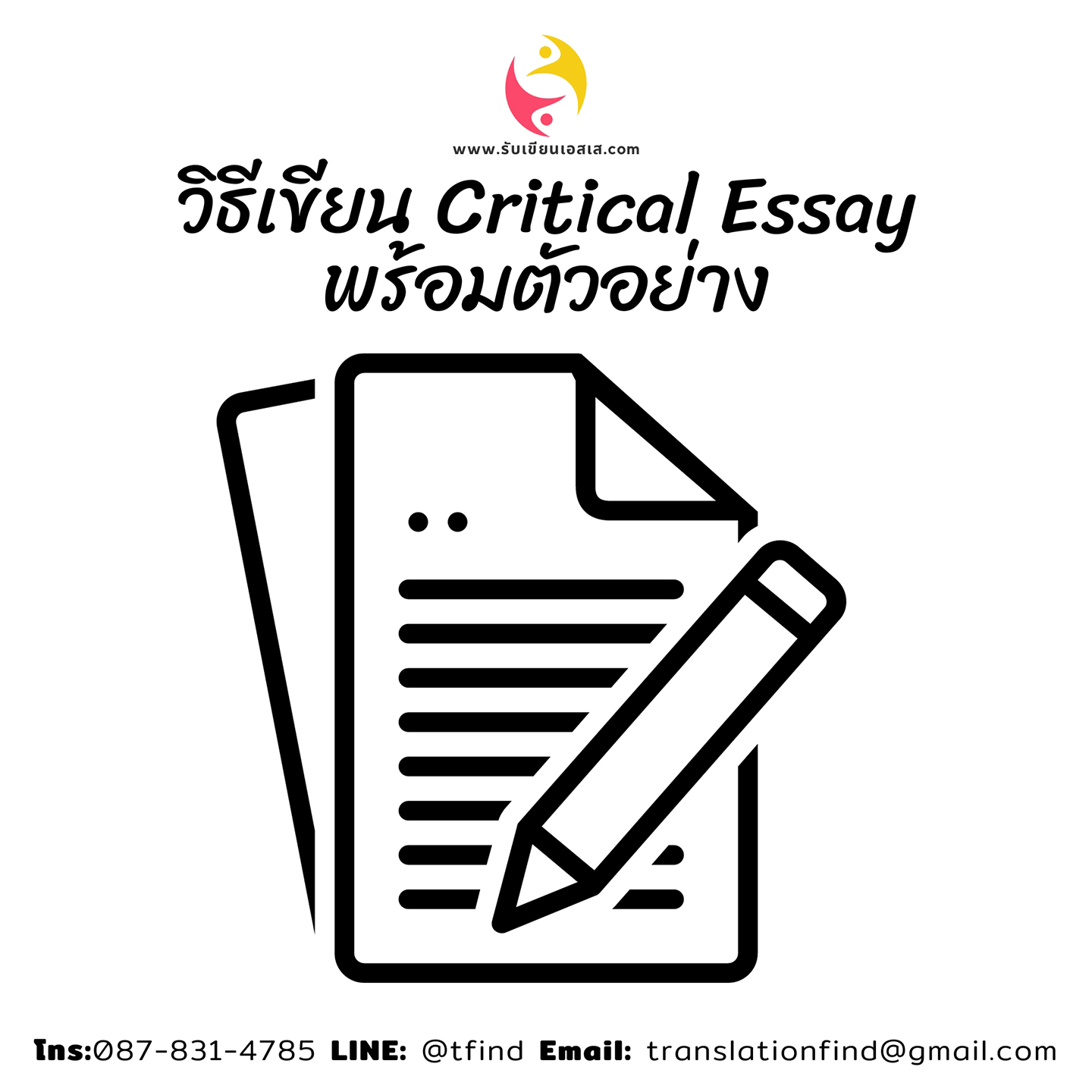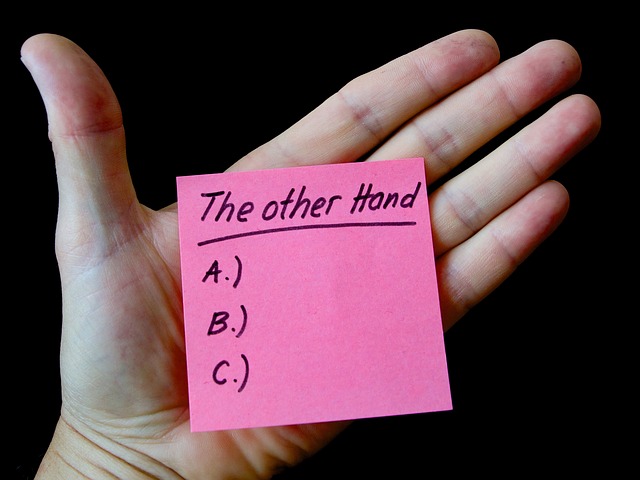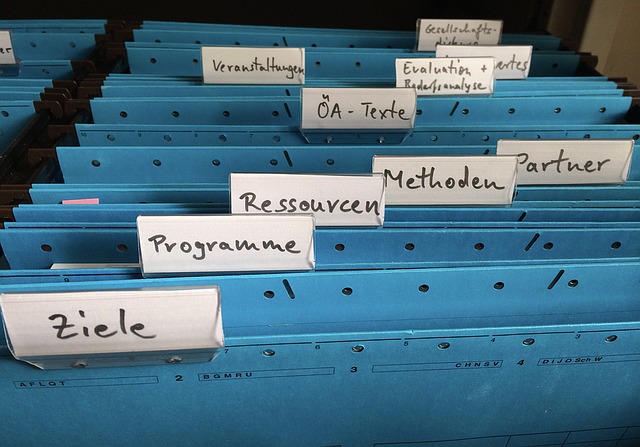การเขียน Reflection Essay
การเขียนเรียงความเชิงสะท้อนความคิด –REFLECTION ESSAY
วัสดุทั้งหมดใช้ในระหว่างการตัดสินใจแบบกลุ่มรวมถึงการอ่านข้อมูลและสถานะส่วนบุคคลก็ถูกสรุปสะท้อนออกมาให้เห็นการเรียนรู้และการเข้าใจ ประสบการณ์ส่วนบุคคลและทางสังคมสามารถนำมาใช้เป็นหัวข้อในการอภิปรายในการเขียนเรียงความเชิงสะท้อนความคิด
เป็นงานเขียนที่ไม่ได้อ้างอิงพื้นฐานความจริงแต่เป็นการเขียนโดยเกิดจากทัศนคติจากผู้เขียนมากกว่า
ในงานเขียนประเภทนี้ความคิดเห็นผู้เขียนเป็นสิ่งสำคัญ ความรู้ที่กว้างขวางของคุณจะแสดงให้เห็นทักษะทางด้านสังคม
จุดประสงค์ของการเขียนไม่ใช่ต้องการโน้มน้าวให้ผู้อ่านเห็นด้วยกับผู้เขียนแต่เป็นการแสดงแนวคิดของผู้เขียนในมากกว่า
เป็นการแสดงสิ่งผู้ที่เขียนได้เรียนรู้ ว่ามีผลต่อการตัดสินใจเรื่องหนึ่งๆในอนาคตหรือไม่ อธิบายสิ่งที่คุณได้เรียนรู้ ผู้อ่านจะสามารถจับประเด็นเข้าใจและรู้สึกมีอรรถรสร่วมกับงานเขียนประเภทนี้
>>> สั่งงานเขียนกับ Native Writer งานคุณภาพ แกรมม่าเป๊ะ คลิก! >>>
Reflection Essay
Purpose: To make a personal reflection upon events or processes in one’s own life.
Introduction: Presents the situation or process which will be reflected upon, usually with the objective of the process, and an indication of whether or not you were successful.
Body: Describes the process and your feelings about it.
Conclusion: Explains the extent to which the objectives were met, and what was learned in the process.
Language: Can use the first person, often not very formal.
Other considerations: This kind of essay is often used for students to reflect upon their own learning processes.
ตัวอย่างการเขียน Reflection Essay
Effective Snooker through Heavy Scoring
I had been competing on the Thailand professional snooker circuit for a couple of years, but was having difficulty winning matches against the top players – typically players who were also earning their livings playing on the world professional tour. I realized that in order to compete effectively at a higher level, I would have to improve the quality of my break-building, because I wasn’t scoring heavily enough from my opportunities to win frames in one visit to the table, which is essential when the standard is higher and the chances fewer. I sought help from a friend who was ranked in the world’s top 30, with the aim of developing my ability to construct frame-winning breaks. Ultimately, I would consider the outcome to be a success, but the process was rather more difficult than expected and caused unanticipated problems.
My friend began by diagnosing the problem, as he saw it. He felt that although I was capable of playing the same shots that the top professionals would play, I was often too conservative in my shot selection in terms of positional play. Quite simply, I was reluctant to increase the difficulty of a shot in order to get the white ball into the best position for the next shot. As a result I was leaving myself more difficult pots, which in turn lowered the probability of controlling the white. All too often, I knew what shot to play, but would choose a more comfortable option which created problems for me over the following shots.
Knowing what the problem was, I then started to focus on controlling the white ball, often playing shots with side to gain perfect position, only to find myself missing the pot. The short term result was that I missed a lot of easy balls and left great chances for my opponents. Instead of improving, and making bigger breaks, I was losing matches to players I felt I should have beaten easily. During matches, I didn’t know if I should keep up my focus on white ball control, or revert to concentrating on potting balls. I even reached a stage where I had spent so much time practicing using side that I couldn’t hit the white in the middle anymore. I was receiving personalized instruction from one of the world’s best players and yet I was playing worse than ever; before long I was relegated from the Thailand professional circuit and faced having to qualify for tournaments again.
The problem seemed to last around two years, before finally I started to think differently about break-building. My friend had taught me how to think, but while in the early stages I knew what to do, I hadn’t been able to do it. I’d been playing the right shots, but very badly – whereas originally I’d been playing the wrong shots quite well. Eventually, as I became accustomed to controlling the spin I was imparting on the white, my control improved and I found myself playing many more easy shots generated by my stronger white ball control. My thought processes, which had altered to focus on the white, were now seemingly better matched to my ability – I could do what I was thinking about – and my results started to improve.
A year later, I regained my Thailand professional place, and I’m sure I was a far more dangerous player than before. I started to believe that I would score more heavily if I was given chances; three years earlier I had hoped that I might score well but never really known inside that I would. Now, if I have an opportunity in a frame, I feel content with my chance to control the table and control the game by controlling the white because I can now rely on myself to do that with absolute certainty. The process of improvement was much more difficult than I’d envisaged. I didn’t realize I would have to get worse before I got better. The eventual result, along with the deeper understanding of the game I acquired, was definitely worthwhile.
>>> สั่งงานเขียนกับ Native Writer งานคุณภาพ แกรมม่าเป๊ะ คลิก! >>>



